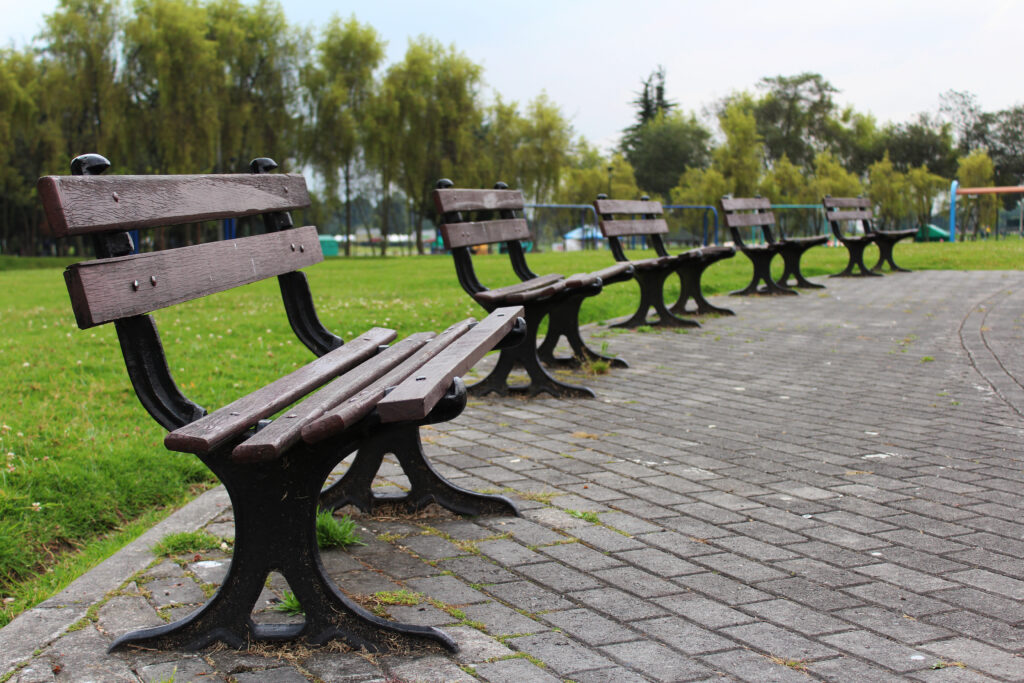A new “Belonging Barometer” has troubling indications for the health of civic culture in America.
For people to participate in civic life, they must first feel like they belong and that their voice is being heard. A person living in a state of anomie, however, will think of civic engagement as an exercise in futility.
A healthy democracy is contingent on an active and aware citizenry. Scholars have attested to this obvious truth. 60 years ago, Gabriel Almond and Sidney Verba co-authored The Civic Culture, a seminal work in socio-political literature. Through rigorous empirical research, the authors found that the United States and Great Britain, unlike Mexico and southern Italy, had a distinctly participatory ethos. Americans, more so than any other people, were tuned in and active in civic life. Many participated in social groups, political campaigns, and various other voluntary associations. Mexicans and southern Italians, conversely, harbored a deep-seated distrust toward their respective governments, and felt no need to vote, join groups, or read the newspaper. They embodied anomie.
A new, troubling study, however, finds that Americans are now beginning to feel a detachment from civic life. Last month, “The Belonging Barometer,” co-produced by the American Immigration Council and Over Zero, concluded that the majority of Americans feel a lack of belonging to their “family, friends, workplace, and local and national communities.”
The researchers developed the Belonging Barometer, a new empirical tool used to quantify levels of belonging in a society. Researchers have long viewed belonging as a fundamentally unquantifiable metric. But report authors Nichole Argo and Hammad Sheikh have accomplished the impossible. Using various criteria — including psychological safety (the ability to speak your mind freely without having to walk on eggshells) and co-creation (a feeling that, when working in a group setting, your contributions are welcomed and you have a meaningful, individual impact in the outcome), they concocted a fascinating tool to measure the seemingly unmeasurable.
Their findings, though, were quite disturbing. According to Argo and Sheikh, “a majority of Americans report non-belonging in the workplace (64%), the nation (68%), and their local community (74%).”
The fact that a whopping three out of four Americans feel as though they don’t belong in their local community is perhaps the most disturbing part of this report. This is indicative of a decline in “third places” — community hubs outside of your family and workplace. Church groups, book clubs, improv classes, and even coffee shops are all examples of third places.
I recently spoke to Alan Ehrenhalt, author of The Lost City: The Forgotten Virtues of Community in America and former executive editor of Governing magazine. When I asked him about the increasing atomization of society, he agreed with my observation, but also offered a sanguine perspective. “I think to some extent I underestimated the extent to which community ties, while initially weakening at the neighborhood level, strengthen when people’s kids go to school,” he said. “We made most of our friends after our daughter started going to school. So . . . even in the most soulless of suburbs, people forge relationships with other parents. I don’t see any reason that that has atrophied. And it is a form of community.”
Does that mean I have to wait until I’m a father to be a part of a community? Not necessarily. Rather, Ehrenhalt was expressing that the desire to belong is very much a primal one. We need each other. When we are left atomized and deracinated from society, conversely, the effects can be devastating, as Noah Rothman has elaborated. When we are a part of these third places and social cohesiveness is strong, however, democracy benefits and people are happier and healthier.
This article was originally published on "The Corner" at National Review Online. Reprinted with permission.



